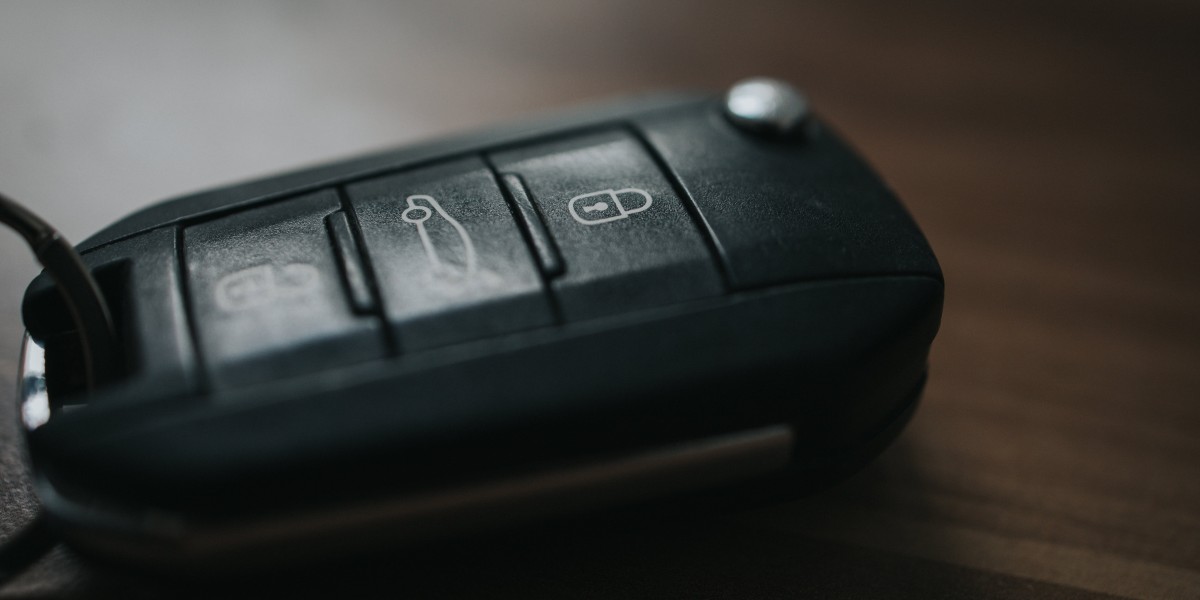Lost Car Keys Replacement: A Comprehensive Guide
Losing a car key can be a frustrating and demanding experience. Whether keys are misplaced in one's home, lost at work, or gone for good after an unforgettable night out, the inconvenience of being unable to access a vehicle can interrupt every day life. Thankfully, several alternatives exist for changing lost car keys. This guide will describe different methods, considerations, and often asked questions connected with the replacement of lost car keys.

Comprehending Types of Car Keys
Before diving into the replacement procedure, it is vital to comprehend the various car key types offered:
| Car Key Type | Description | Replacement Complexity | Cost Range |
|---|---|---|---|
| Standard Key | Basic, metal keys without electronic functions. | Low | ₤ 5 - ₤ 30 |
| Transponder Key | Keys with ingrained chips that communicate with the vehicle. | Moderate | ₤ 50 - ₤ 150 |
| Key Fob/ smart replacement car keys; other, Key | Advanced keys that permit keyless entry and begin features, typically geared up with remotes. | High | ₤ 150 - ₤ 500 |
| Valet Key | A simplified variation of a key that permits limited access to the vehicle. | Moderate | ₤ 50 - ₤ 100 |
Factors to Consider When Replacing Lost Car Keys
When confronted with the unfortunate scenario of losing car keys, several factors will affect the replacement procedure:
Type of Key: The more advanced the key (such as fobs or transponder keys), the more intricate and pricey the replacement may be.
Vehicle Make and Model: Replacement expenses and approaches can differ substantially based upon the car's brand, design, and year.
Accessibility of Spare Keys: If a spare key exists, duplication can be a more uncomplicated and more economical alternative.
Location of Replacement: Deciding whether to approach a dealership, locksmith professional, or auto shop can affect both cost and time.
Expense: The range of costs for key replacement can be substantial, with some methods showing to be more affordable than others.
Techniques for Replacing Lost Car Keys
There are a number of techniques one can pursue in changing lost car keys, from DIY options to expert services.
1. Professional Locksmith Services
A professional locksmith professional can supply a fast and typically more cost-effective solution for changing lost keys. They typically use the following services:
- Key Duplication: If a spare key is offered, a locksmith professional can quickly reproduce it.
- Reprogramming: For keys that have transponder functions, locksmith professionals can often reprogram existing keys and fobs.
- Cutting New Keys: A locksmith can create a brand-new key from the vehicle's lock, given access is offered.
2. Car Dealerships
Visiting a car dealer is another typical choice for key replacement, particularly for advanced keys.
- Factory Replacement: Dealerships have access to manufacturer-specific key codes, enabling them to make an exact replica.
- More Expensive: This method is typically the most expensive but may be essential for particular makes or designs.
3. Do it yourself Solutions
For people comfy taking on a difficulty, some DIY techniques may work depending upon the situation.
- Key Programming Kits: Some online resources and kits permit owners to program spare keys themselves, especially for specific designs.
- Momentary Solutions: In emergency situations, developing makeshift keys or hot-wiring may work for older models but is generally not suggested due to legality and damage threats.
4. Insurance Options
Some auto insurance coverage policies cover key replacement or loss. For that reason, examining one's policy might expose if monetary assistance is available for this hassle.
5. Mobile Key Replacement Services
With the arrival of technology, mobile locksmith services can pertain to your location to offer key replacement. They might provide:
- Convenience: No need to tow the vehicle or leave home.
- Quick Service: Many can cut and set new keys on-site.
Preventive Measures to Avoid Lost Car Keys
Taking several basic preventative steps can help lessen the danger of losing car keys in the future:
Designate a Specific Spot: Establish a routine of positioning keys in the exact same place every time.
Keychain Tracking Devices: Utilize Bluetooth trackers, such as Tile or Apple AirTags, which can help in finding lost keys.
Spare Copies: Have at least one spare key easily available, either with trusted household members or stored securely.
Frequently Asked Questions about Lost Car Keys Replacement
1. Just how much does it typically cost to replace lost car keys?
The expense of changing lost car keys can vary commonly based on the kind of key and where you have it replaced. Standard keys can range from ₤ 5 to ₤ 30, while smart keys can cost upwards of ₤ 150 to ₤ 500.
2. Can I replace my lost car key without a spare?
Yes, you can replace a lost car key without a spare. A professional locksmith or car dealership can develop a brand-new key by accessing your vehicle's lock or using the vehicle recognition number (VIN).
3. The length of time does it take to replace lost car keys?
Replacement times can differ by technique. A locksmith might need just 15-- 30 minutes, while car dealerships might take longer, specifically if they need to buy particular keys.
4. Exist any legal considerations if I lost my car keys?
No specific legal issues occur from losing keys. Nevertheless, if someone discovers your lost keys, they could potentially access your car, requiring cautious practices concerning individual security.
5. What if my keys are stolen?
If your keys are taken, it's important to take instant action. Besides changing your keys, think about changing your locks or utilizing a locksmith professional to reprogram your transponder keys to prevent unapproved gain access to.
Handling lost car keys can be bothersome, but comprehending your choices for replacing them can ease the burden. Whether going with a locksmith professional, dealer, or taking DIY steps, being informed will help ensure a speedy resolution to this common problem. Carrying out preventive techniques can substantially decrease the possibility of experiencing comparable issues in the future, enabling a more smooth driving experience.









